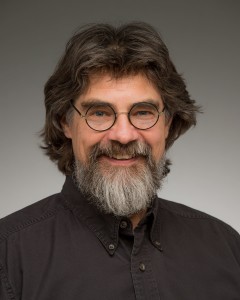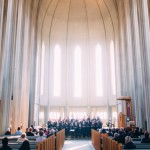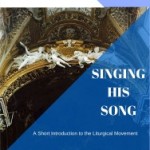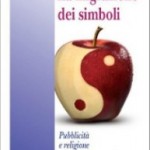
David W. Fagerberg (2016), Why do we need the Mass. Asceticism, Sanctification, and the Glory of God. Hong Kong: Chorabooks
Liturgy in recent years has returned at the center of the attention, thanks to the Pontificate of Benedict XVI. This is why it is always relevant to witness the release of a new book from Professor David W. Fagerberg, a world famous expert in this topic. This is an important short book for the Catholic understanding of the Mass and of the role of the liturgy in today’s world. Being a short book has not the pretense of a deep investigation of the topic, but what can be found inside will be certainly relevant for Catholics everywhere. The experience of Professor Fagerberg in this field is surely a guarantee that this book will not leave the readers unsatisfied.
“Liturgy refers man to God, and God to man, even if we cannot know God in his full mystery“: liturgy is the limen that allows us to look at a dimension that is beyond our understanding but that at the same time was made present thanks to God’s incarnation. But we should avoid to think that “humanizing” the liturgy will make us a good service: “We serve the glory of God, the glory of God does not serve us”. Being reminded of this is very important, because we need to put always in the right hierarchical order the relationship we have with God. Several themes are touched in this book, as teleology, asceticism, ecstasy and so on.
When talking about asceticism this is what Professor Fagerberg has to say: “I propose that liturgical glorification of God is a daughter born of asceticism. We need to undergo the ascetical technology of self, and make our wills conform to God’s, before we can worship and glorify him properly. Each person is a block of marble within which lies an image of the image of God (Jesus), and each strike of mallet and chisel by the Holy Spirit frees that image from stone-cold vices in order to create out of women and men a liturgical son who shares the Son’s filial relationship with God the Father. At the end of asceticism is dispassion, which has a child called love, who opens the door to the cosmos as theophany, and invites us to a union with God that is true theology. Purity of heart is to will one thing – we hear this from Evagrius in the desert, from Augustine in the ancient Church, from Petrarch in the medieval Church, and more recently from Kierkegaard. If we are to do the world the way the world was meant to be done, then the Holy Spirit will have to craft our hearts until we only desire one thing, too. The pure in heart are blessed because they shall see God (Matthew 5). The purpose of liturgy is to glorify God, but our ability to do so comes at a price: it is born of asceticism”.
David W. Fagerberg is Professor in the Department of Theology at the University of Notre Dame. He holds masters degrees from Luther Northwestern Seminary, St. John’s University (Collegeville), Yale Divinity School, and Yale University. His Ph.D. is from Yale University in liturgical theology.His work has explored how the Church’s lex credendi (law of belief) is founded upon the Church’s lex orandi (law of prayer). This was expressed in Theologia Prima (Hillenbrand Books, 2003). Of late, he has integrated into this the Eastern Orthodox understanding of asceticism by considering its role in preparing the liturgical person. This was treated in On Liturgical Asceticism (Catholic University Press, 2013). And he has an avocation in G. K. Chesterton, having published Chesterton is Everywhere (Emmaus Press, 2013) and The Size of Chesterton’s Catholicism (University of Notre Dame, 1998). Appearing this spring from Angelico Press will be a book on consecrating our daily life in the world, titled Consecrating the world: On Mundane Liturgical Theology.












